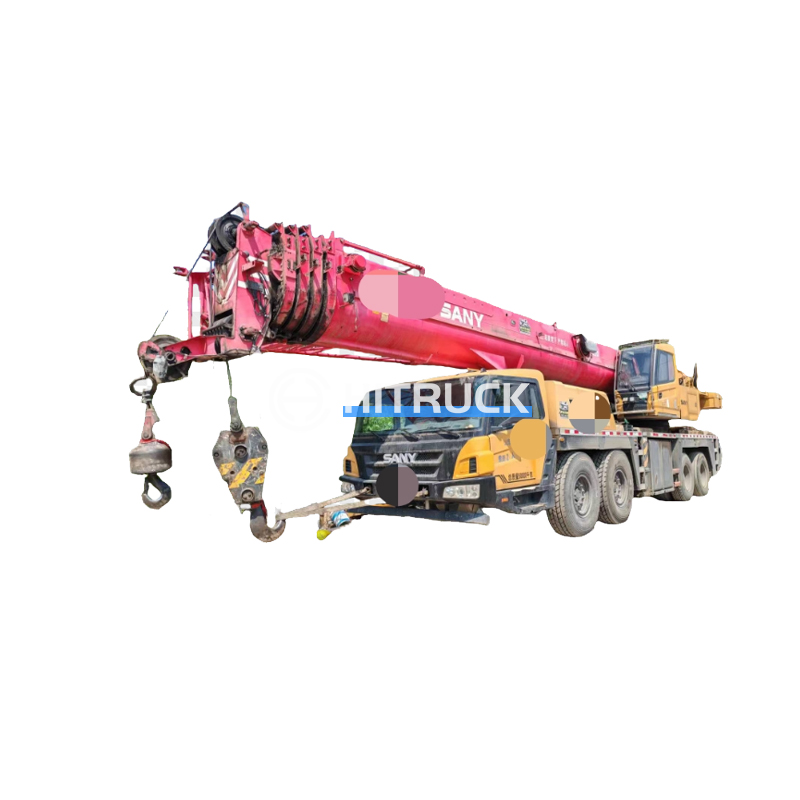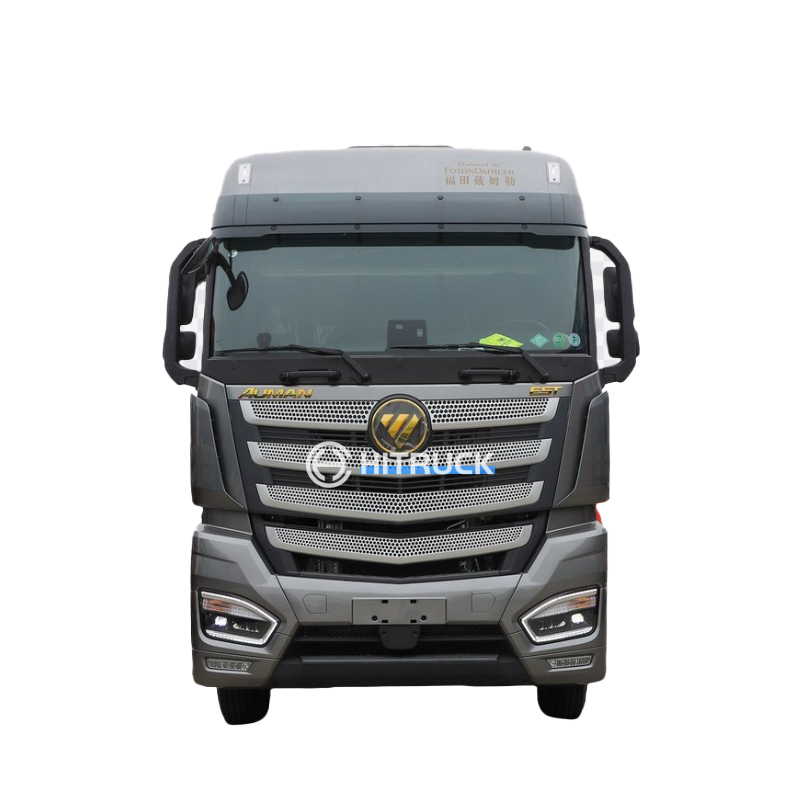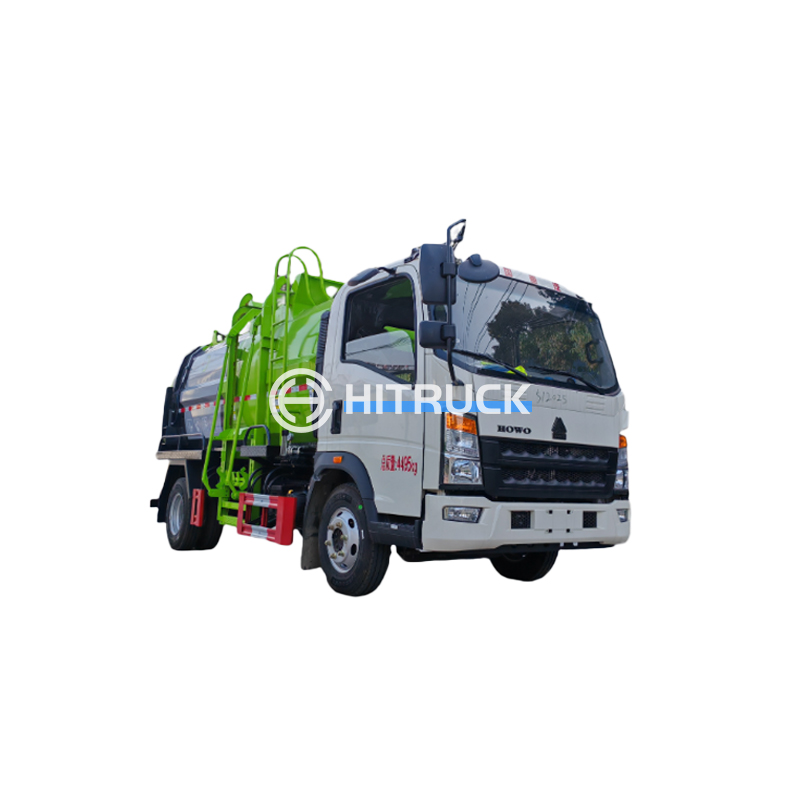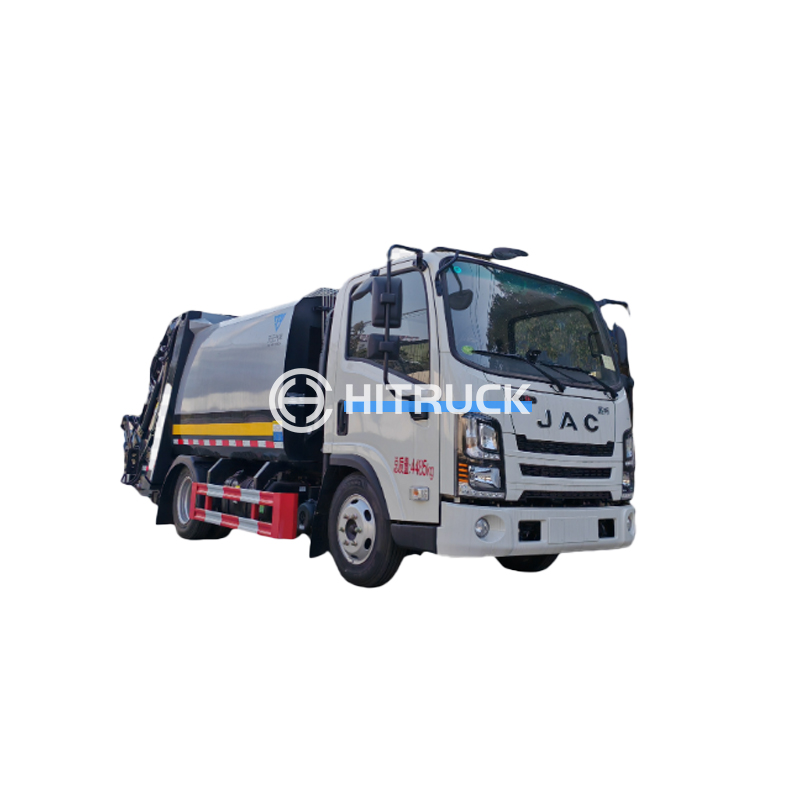This guide helps you navigate the world of refrigerator box trucks, covering key features, considerations, and options to find the perfect vehicle for your business. We'll explore various sizes, refrigeration technologies, and factors to consider when making your purchase decision. Learn about the different types of reefer units available and how to choose the one best suited to your specific needs and budget.
The size of the refrigerator box truck you need depends entirely on your operation's scale. Smaller trucks are ideal for local deliveries and smaller businesses, while larger trucks are necessary for long-distance hauls and high-volume transportation. Consider factors such as the volume of goods you need to transport, the dimensions of your products, and the frequency of your deliveries. Common sizes range from small sprinter vans to larger straight trucks and even semi-trailers with refrigerated containers.
There are several types of refrigeration systems available for refrigerator box trucks. Direct-drive units are typically more affordable but less efficient, while indirect-drive units are more efficient and often quieter. Electric refrigeration units are increasingly popular due to their environmental benefits and potential cost savings on fuel. Understanding the pros and cons of each type is crucial for making an informed decision. For example, a reliable supplier can guide you in selecting the optimal system for your application.
The refrigeration capacity is measured in BTUs (British Thermal Units) and should be sufficient to maintain the desired temperature range for your goods. The capacity needed depends on factors like the truck's size, the ambient temperature, and the type of goods being transported. Overestimating the capacity ensures your goods remain safely refrigerated even in extreme conditions. Accurate temperature control is essential for preserving the quality and safety of perishable goods. The website offers more information on specific units and specifications.
Fuel efficiency is a critical factor, especially for businesses making frequent deliveries. Consider trucks with advanced fuel-saving technologies such as aerodynamic designs, lighter weight materials, and optimized engine performance. A more fuel-efficient truck will reduce operational costs and minimize your environmental impact. Many modern trucks offer features such as driver assistance technology to help improve fuel economy.
Regular maintenance is essential for keeping your refrigerator box truck in optimal condition. Choose a truck with readily available parts and a strong support network to minimize downtime in case of repairs. Consider the cost of maintenance and repairs when making your purchasing decision. Proactive maintenance is much more cost-effective than reactive repairs.
Selecting the right supplier is as crucial as choosing the right truck. Look for a reputable supplier with a strong track record, excellent customer service, and a wide range of trucks and options. Consider factors like financing options, warranty coverage, and post-purchase support. Research reviews and testimonials before making a decision. Suizhou Haicang Automobile sales Co., LTD is committed to providing high-quality trucks and excellent customer service.
| Feature | Model A | Model B |
|---|---|---|
| Refrigeration Capacity (BTUs) | 12,000 | 15,000 |
| Payload Capacity | 5,000 lbs | 7,000 lbs |
| Fuel Efficiency (mpg) | 10 | 12 |
Note: Model A and Model B are hypothetical examples. Actual specifications vary by manufacturer and model.
By carefully considering these factors, you can find the ideal refrigerator box truck to meet your specific needs and budget. Remember to prioritize safety, efficiency, and long-term cost-effectiveness. Happy trucking!












